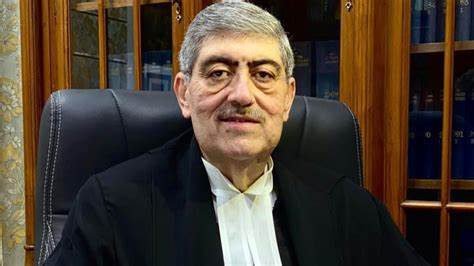LI Network
Published on: November 26, 2023 at 12:30 IST
Supreme Court Justice Sanjay Kishan Kaul stated that Artificial Intelligence (AI) tools can be effectively utilized for tasks such as legal research and drafting, yet they cannot replace the essential role of human judges.
Speaking at the 36th LAWASIA conference in Bengaluru during a technical session on technological developments and the law, Justice Kaul highlighted the importance of the continuous thought process and the unique human perspective in judicial decision-making.
While acknowledging the potential of AI to enhance the speed of research and drafting, Justice Kaul cautioned against relying solely on AI, stating, “A judge operates from the mind and the heart. I don’t believe AI can take care of the latter aspect.”
He expressed reservations about outsourcing judgment writing to AI systems like ChatGPT, emphasizing that technology cannot entirely substitute the intricate workings of the human mind.
During the session, Justice Kaul stressed the need for judges to maintain interactions with society, asserting that a person doesn’t become a good judge by isolating themselves. He explained that engaging with various sections of society has contributed to his understanding of certain legal areas, including the use of technology in law.
While describing AI as a valuable tool, Justice Kaul cautioned against making it a master, emphasizing that there is no guarantee that AI systems will align with fundamental principles. Other speakers in the session, including judges from Sri Lanka, Nepal, and Bangladesh, shared insights on the impact of technology on the judiciary.
The ongoing LAWASIA conference is set to conclude on November 27, featuring discussions on various legal topics, including Chief Justice of India DY Chandrachud’s keynote address on ‘Identity, the Individual, and the State: New Paths to Liberty.’
Chief Justice Chandrachud emphasized the role of reservation or affirmative action as a beacon of hope in addressing caste-based inequalities.

